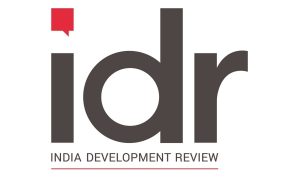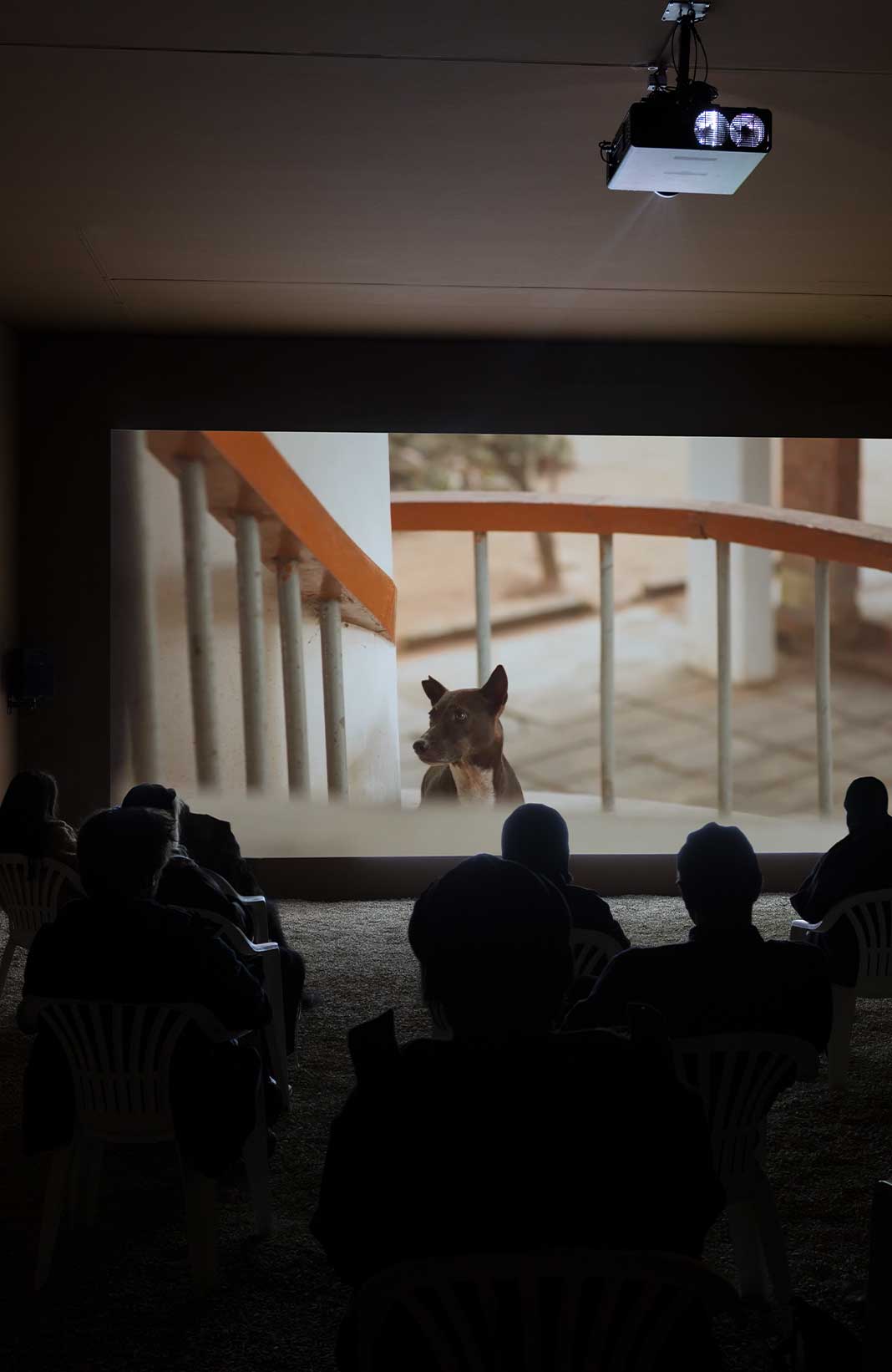Voices of Wellbeing | Rajni BakshiVoices of Wellbeing | Rajni Bakshi
“Nonviolence is love in action”
Rajni Bakshi is a Mumbai-based author, speaker and founder of ‘Ahimsa Conversations’, an online platform for exploring the possibilities of nonviolence.
As speaker at The Wellbeing Summit of Social Change, she joins us to share the importance of nonviolent action for social change.
In this interview, she shares her belief that by making space for open dialogue and taking time to understand movements, we can collectively sustain more conscious and humane models of development.

























































